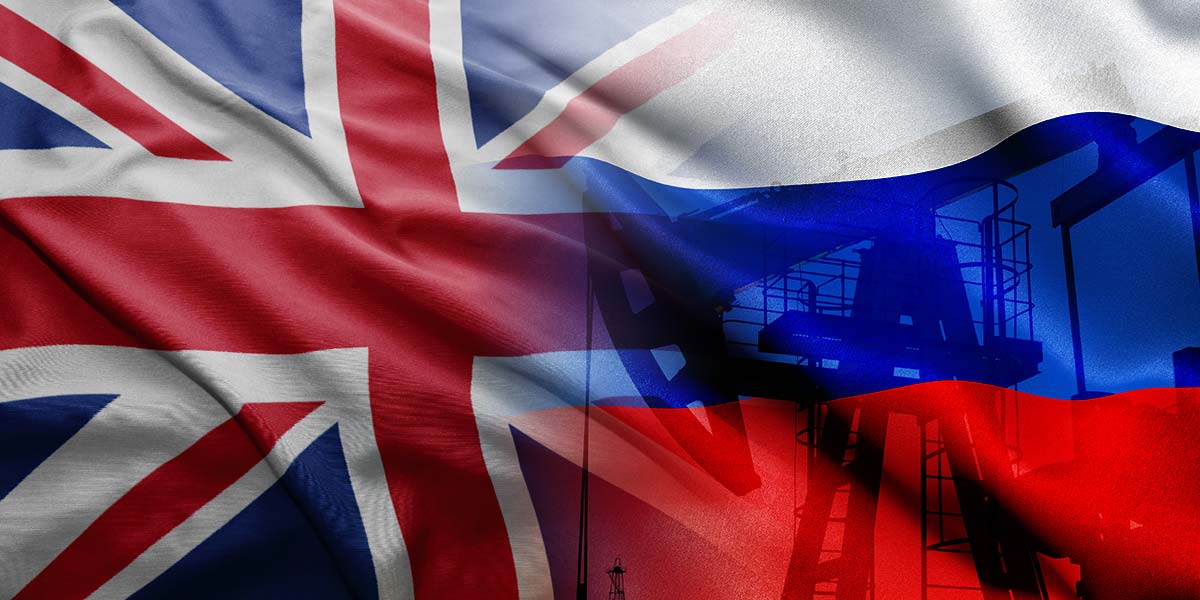The United Kingdom has intensified its sanctions on Russia, imposing new measures against the country’s two biggest oil companies—Lukoil and Rosneft—and 44 so-called “shadow fleet” tankers, in an effort to further pressure the Kremlin’s energy revenues.
Announced on Wednesday, the action designates Lukoil and Rosneft under Britain’s Russia sanctions framework, targeting their activities for allegedly supporting the Russian government. Both energy giants face asset freezes, director disqualifications, transport restrictions, and a ban on British trust services.
UK officials called the companies strategically significant to the Kremlin, noting that their economic contributions provide crucial state revenues used to finance Russia’s war in Ukraine.
Rosneft is Russia’s largest oil producer, delivering about 40% of national output, while Lukoil ranks second, notable for having the greatest foreign exposure among its Russian peers. The expanded sanctions package also includes 51 vessels—44 of which are shadow fleet tankers circumventing Western restrictions—as well as individuals and entities spanning the energy and defence sectors.
Among those affected is India-based Nayara Energy, a Rosneft-affiliated refinery already under EU sanctions, which now faces increased operational pressure. The measures also extend to seven LNG tankers and China’s Beihai LNG terminal, cited by Britain for importing sanctioned cargoes from Russia’s Arctic LNG2 plant.
The Russian embassy in London condemned the move, warning it risks destabilizing global energy markets and increasing costs for British consumers and businesses.
UK finance minister Rachel Reeves said that Russia’s presence in global markets would not be tolerated, pledging Britain would pursue all necessary measures to prevent Moscow from funding its military campaign in Ukraine.
The latest measures are likely to make it more difficult for Russia to insure and transport oil using British-based services, according to traders familiar with Russian crude shipments.
While much of Russia’s oil exports now depend on the shadow fleet—a network that Western analysts say now numbers more than 1,500 ships—the pool of vessels able to access mainstream insurance and ports continues to shrink. Instances have been reported where Chinese and Indian ports have refused to unload shadow fleet cargoes, further complicating Russia’s export logistics.
Since Russia’s full-scale invasion of Ukraine in early 2022, Britain, the US, and the EU have steadily expanded their focus on the shadow fleet in a bid to disrupt Russian energy flows and curtail its wartime funding.





